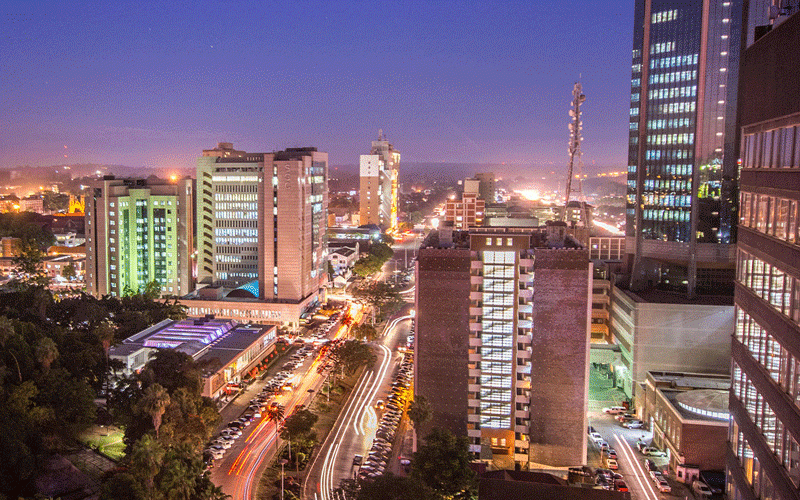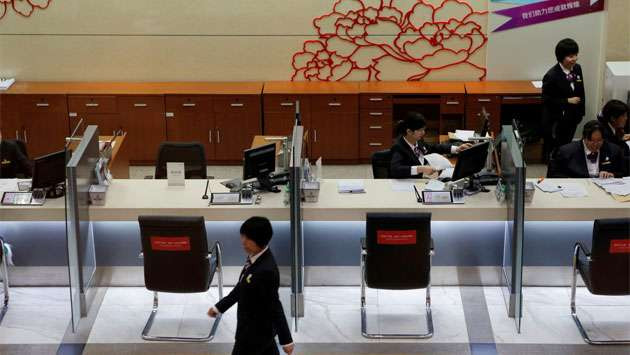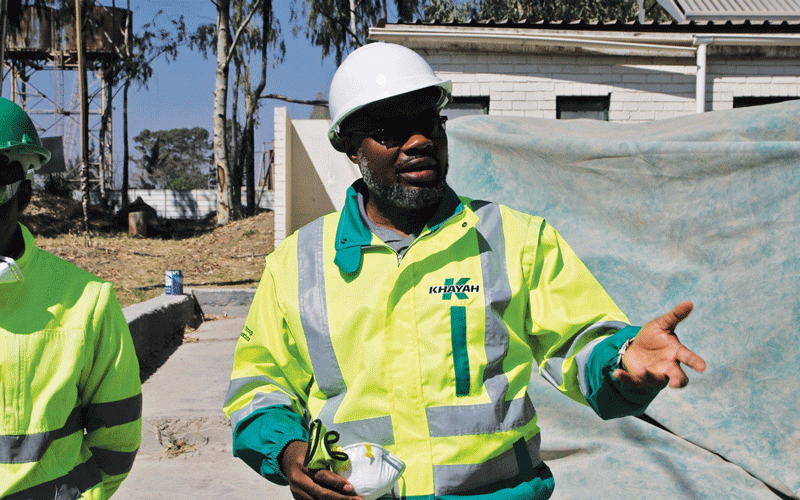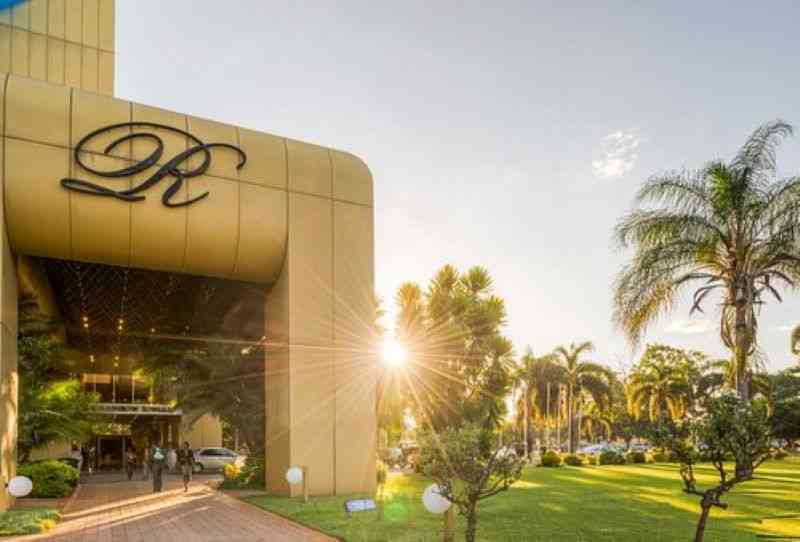
PENSION funds are finding it expensive to repurpose some of the buildings located in the nation’s central business districts (CBDs) due to their dilapidated state, it has been revealed.
Changes in economic dynamics and social patterns have resulted in most CBD buildings losing their lustre and attracting low occupancy as a result.
However, repurposing the buildings to enhance their income generation capacities are proving costly for pension funds and other companies with buildings in CBDs.
Addressing delegates at the 49th Zimbabwe Association of Pension Funds Annual conference in Victoria Falls last Thursday, First Mutual Properties property portfolio and services head Tafadzwa Muzorewa said there were other uses that players could bring into the CBD.
“I think the CBD is quite fluid at the moment. In terms of advice, a lot of the buildings we have in most of our CBDs are old. These are buildings that were built post-1970, some in the 1960s,” he said.
“If you look at some of the locations where these properties are — repurposing these CBD properties, and you compare the gross replacement cost, for some of them, compared to what the current market value is — you will find that the current market value could be in the region of 25% to 30% of the gross replacement cost.”
He said for some of them, when one compared repurposing to possible demolition and putting up a new product within the CBD, one would have renewed the site and the asset, while creating a new one.
“A new asset that can possibly take you for another 50, 60, or 70 years plus; repurposing, yes, it is an option, but from what I have analysed, it looks like a very expensive option,” Muzorewa continued.
- Wafer-thin capital markets send shivers
- Pension funds generate US$29 million
- Long-serving pension funds trustees put on notice
- Bank charges eroding public confidence
Keep Reading
Muzorewa said given the economy’s high informalisation, a lot of players in the property sector had repurposed by reducing the size of office suites, which added pressure on the infrastructure.
“So, my advice would be yes, repurposing is an option, but I think a more long-term sustainable solution could be to possibly demolish and then rebuild new assets within the CBD,” he advised.
Pension funds have also been trying to create liquidity to ensure that they had something at the point of retirement.
While other suggestions came through from some investment professionals with real estate investment trusts (REITs) now within the market, Muzorewa said players could create units within those REITs.
“So, I think as property investors, we are also looking at how can we innovate, how can we come up with better solutions to create liquidity for the pension funds as well as ensuring long-term value preservation for members,” he said.
Terrace Africa Asset Management (Pvt) Ltd (TAAM), the asset managers of the listed Tigere Property Fund, REIT, said in a trading update for the REIT’s first quarter performance that demand for retail infrastructure remained high.
“The sector has generally remained insulated from prevailing currency headwinds owing to its forex-based income generating ability. Demand for quality retail infrastructure remains elevated, however, supply of stock has been limited by unattractive financing options,” TAAM said.
“Notwithstanding, the development of clusters, student accommodation facilities, corporate housing and warehouse space has continued on an upward trajectory. The ongoing infrastructure works will provide opportunities as the road networks expand to new areas and shorten travel distances.”











